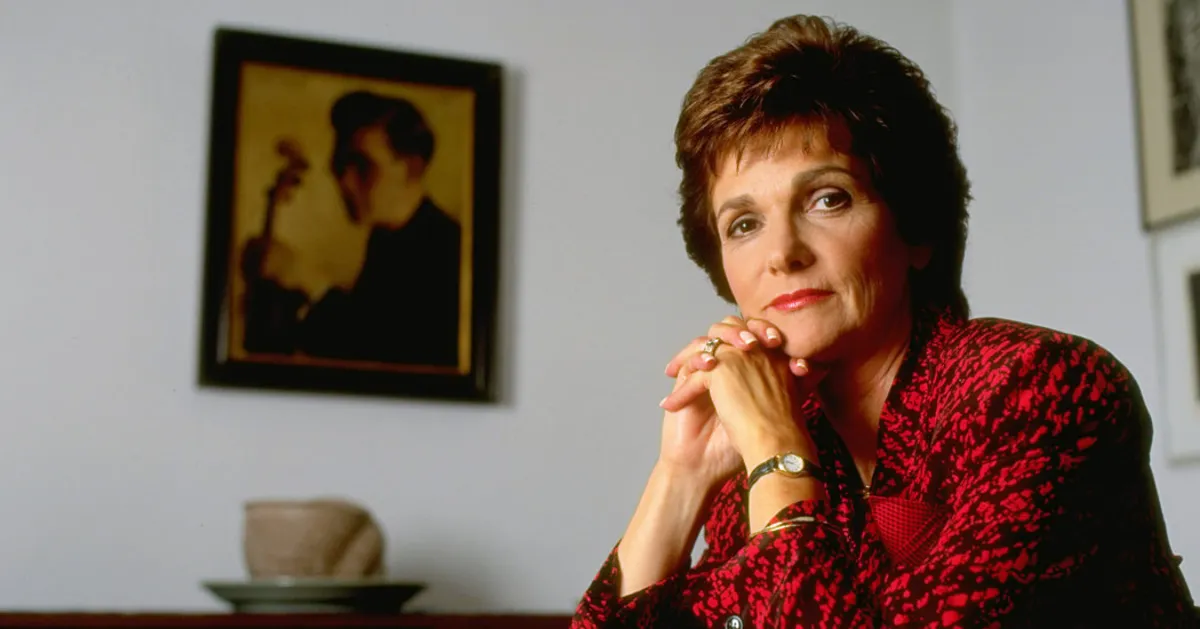
Kitty Dukakis, the beloved activist and former first lady of Massachusetts, passed away on Friday night at her home in Brookline, Massachusetts, at the age of 88. Her son, John, confirmed that the cause of death was complications related to dementia. Throughout her life, Mrs. Dukakis was a passionate advocate for those in need, dedicating her efforts to improve the lives of underprivileged individuals and raising awareness for mental health issues.
Throughout her life, Kitty Dukakis demonstrated a profound commitment to activism. She was particularly focused on issues affecting underdogs and individuals facing various challenges. One of her most significant contributions was her dedication to Holocaust education. In 1978, she was appointed by President Jimmy Carter to serve on the first President’s Commission on the Holocaust, a panel aimed at establishing a national memorial and museum dedicated to the victims of the Holocaust. After the commission was replaced a decade later, President George H.W. Bush appointed her to the United States Holocaust Memorial Council.
Kitty Dukakis was also known for her candid discussions about her personal struggles with mental health, including alcoholism and depression. Few political figures have been as open as Mrs. Dukakis in sharing their experiences with addiction. In her two books, she detailed her early reliance on diet pills, her battles with alcoholism, and her decision to undergo electroconvulsive therapy at the age of 64 to treat her severe depression, which had often gone unnoticed due to her drinking habits.
Following her successful treatment, Kitty Dukakis and her husband, Michael S. Dukakis, who served as the governor of Massachusetts and was the Democratic presidential nominee in 1988, became vocal advocates for the effectiveness of electroconvulsive therapy. They even organized support groups in their home, providing a safe space for others to discuss their mental health challenges. Through her advocacy, Mrs. Dukakis aimed to destigmatize mental health issues and encourage others to seek help.
In a heartfelt statement, her family remarked, “Mrs. Dukakis lived a full life fighting to make the world a better place and sharing her vulnerabilities to help others face theirs.” Her dedication to activism and mental health advocacy has left an indelible mark on many lives. Kitty Dukakis will be remembered not only for her public service but also for her ability to connect with people on a personal level, inspiring them to confront their challenges and seek a better future.